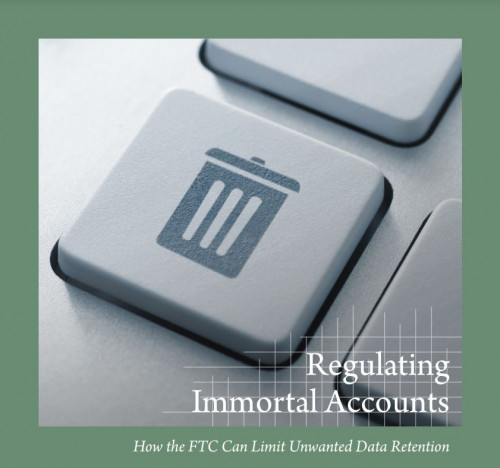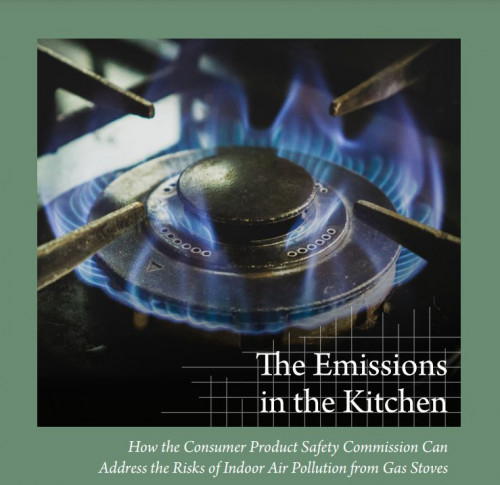-
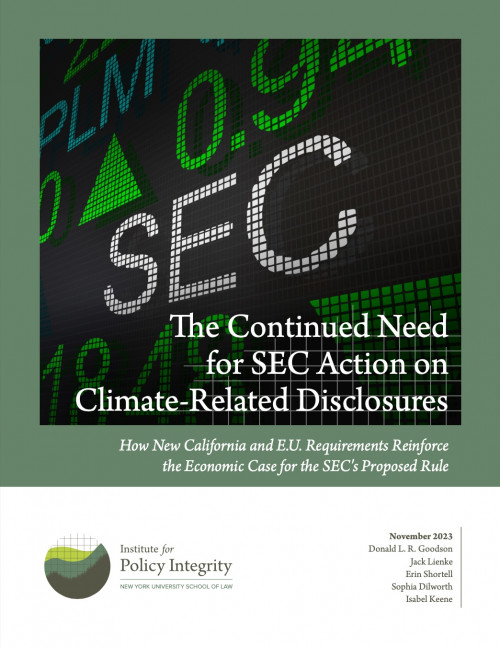
The Continued Need for SEC Action on Climate-Related Disclosures
How New California and E.U. Requirements Reinforce the Economic Case for the SEC’s Proposed Rule
On March 21, 2022, the Securities and Exchange Commission (SEC) proposed a rule that would require SEC registrants (both domestic and foreign) to provide climate-related disclosures in certain SEC filings. Since the release of the SEC Proposal in March 2022, other jurisdictions, including California and the European Union, have adopted climate-related disclosure regimes. Like many federal rules, the SEC Proposal included an assessment of its costs and benefits. This report examines how the California and E.U. disclosure regimes may affect the baseline for that cost-benefit analysis and, consequently, the SEC’s assessment of the incremental costs and benefits of its proposal. Overall, we find that the new disclosure regimes do not undermine the economic case for the SEC Proposal; if anything, they bolster it.
-
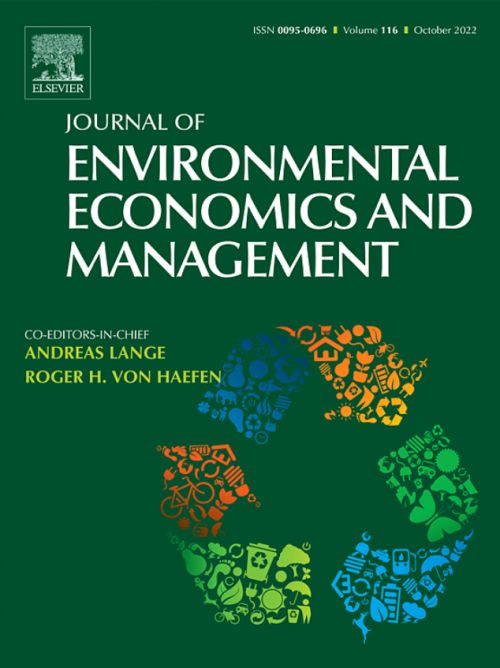
Do Non-Damaging Earthquakes Shake Mortgage Lenders’ Risk Perception?
Working paper in Journal of Environmental Economics and Management
This study examines how banks respond to earthquakes that convey seismic risk salience but do not cause damage, i.e., noticeable non-damaging earthquakes (NNDEs). Using evidence from California, we find loans more likely to be denied or sold after increased NNDEs. Banks with fewer assets, more diversified branching markets, or stronger sales capability relied more on securitization to transfer the perceived seismic risk. We show evidence that banks likely learned about the NNDEs through personal experience and local news. The effects of NNDEs persisted up to three years. Meanwhile, the NNDEs only caused moderate and temporary collateral devaluation but did not increase the observable default risk. Thus, banks' responses most likely resulted from the increased risk salience of future damaging earthquakes during the mortgage term. Our findings call for reevaluations of the heuristics in banks' risk-perception updating and have implications for designing more efficient disaster risk-sharing mechanisms in the financial market.
-
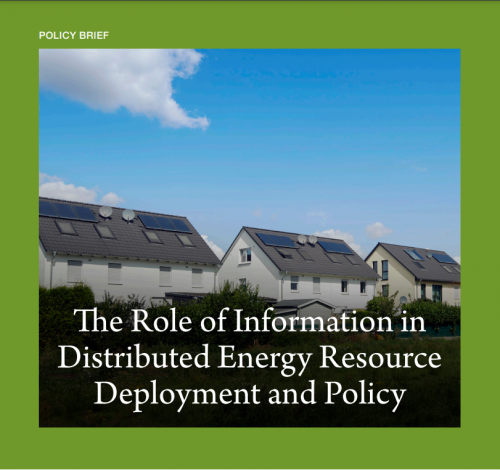
The Role of Information in Distributed Energy Resource Deployment and Policy
While appropriate compensation for DERs has received considerable attention in DER policy discussions, one important dimension has received less attention: informational gaps and asymmetries. In particular, key information about distribution networks, energy consumption, and marginal emission rates is often either entirely lacking or readily available only to some parties. Such information disparities can impede effective policymaking. To overcome the inefficiencies information asymmetry creates, regulators must carefully tailor disclosure mandates and incentives for utilities, as these actors often have little incentive to go beyond the letter of the law in data disclosure.
-
Regulating Immortal Accounts
How the FTC Can Limit Unwanted Data Retention
The report argues that an FTC rule requiring reasonable cancellation practices for all market actors and providing clear and specific guidelines would address the harms of immortal accounts. Such regulation would fall under the FTC’s authority and advance the Commission’s mission to protect consumers and competition by preventing deceptive, unfair, and anticompetitive business practices.
-
The Emissions in the Kitchen
How the Consumer Product Safety Commission Can Address the Risks of Indoor Air Pollution from Gas Stoves
Gas stoves are found in over a third of American homes, and these appliances generate dangerous indoor levels of nitrogen dioxide (NO2) and fine particulate matter (PM2.5) within just a few minutes of cooking. This report suggests several ways the Consumer Product Safety Commission (CPSC) can and should take action to address the unreasonable health risks posed by gas stove emissions.
Viewing all publications in Consumer and Healthcare Protection

